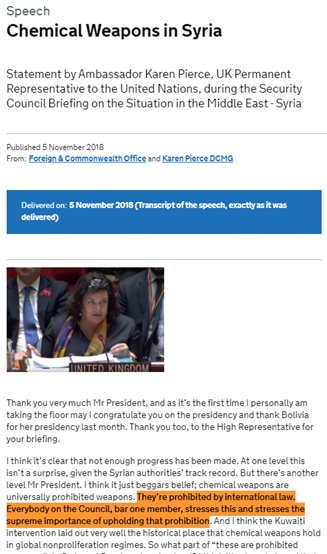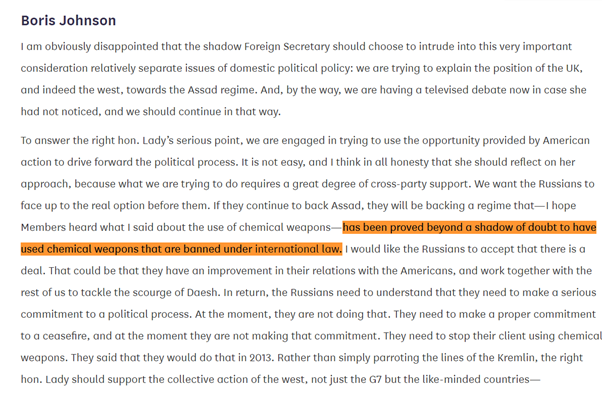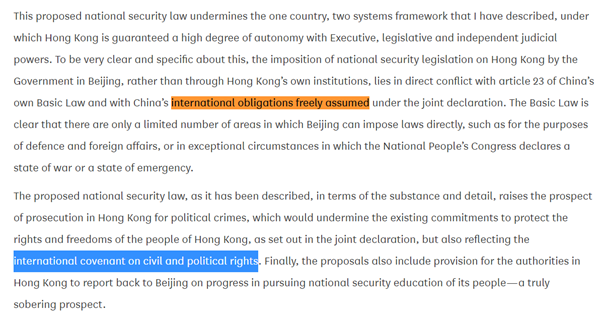The Institute for Government celebrates its 10th b'day today.
I've been involved for 2.5y, but feel like my attachment is older, because I was citing the work of future colleagues in my undergrad essays.
Following @jillongovt's example, here's some of the IfG work I'm proud of.
I've been involved for 2.5y, but feel like my attachment is older, because I was citing the work of future colleagues in my undergrad essays.
Following @jillongovt's example, here's some of the IfG work I'm proud of.
The first thing I did for the IfG urged Parliament and the Government to give the courts a clearer steer about the role of the ECJ in the UK after after Brexit. The EU (Withdrawal) Act was subsequently amended to do just that.
instituteforgovernment.org.uk/publications/b…
instituteforgovernment.org.uk/publications/b…
Then I contributed to this rather caustic diagnosis of problems with infrastructure decision making in the UK - the IfG's subsequent work on infrastructure, expertly led by @GrahamTAtkins and @NJ_Davies, has been fascinating and hugely influential.
instituteforgovernment.org.uk/publications/w…
instituteforgovernment.org.uk/publications/w…
In Oct 2017 we published this, on UK-EU dispute resolution after Brexit. It set out in detail the consequences of the UK's (then) red line on the ECJ, and what it would mean for both HMG and businesses. The UK's position subsequently...evolved.
instituteforgovernment.org.uk/publications/d…
instituteforgovernment.org.uk/publications/d…
That paper also said HMG would need a Withdrawal Agreement Bill to implement the Brexit deal, criticising plans to do it with secondary legislation. HMG did eventually commit to that bill, which then ended the PM's career. Maybe should have been upfront about all this earlier.
Then @lewisalloyd and I published this, a data-driven analysis of the UK's history at the ECJ. A really unusual bit of research, but something we were encouraged to look at by senior officials in Whitehall, and which generated some fascinating results.
instituteforgovernment.org.uk/publications/w…
instituteforgovernment.org.uk/publications/w…
A long time before it all kicked off, @DrHannahWhite and I published this on the "meaningful vote". We said the final MV would not be yes-or-no. Motions would be amendable, we said, so opponents of the deal needed to build a majority *for* something.
instituteforgovernment.org.uk/publications/v…
instituteforgovernment.org.uk/publications/v…
Then @awstojanovic, @jillongovt and I wrote this, urging HMG to think about who is going to do the European Commission's job after Brexit. We used these insights for evidence on the creation of new supervisory bodies on the environment and citizens' rights
instituteforgovernment.org.uk/publications/s…
instituteforgovernment.org.uk/publications/s…
Some of the biggest consequences of Brexit on the UK's own constitution have still to be decided. This paper looks at how the supremacy of the Withdrawal Agreement can be reconciled with the sovereignty of Parliament in a post-Brexit constitution.
instituteforgovernment.org.uk/publications/b…
instituteforgovernment.org.uk/publications/b…
Colleagues have put out amazing work on recent months: on how Parliament needs to change for a post-Brexit world (instituteforgovernment.org.uk/publications/p…), how to run the future relationship talks (instituteforgovernment.org.uk/publications/n…) and migration after Brexit (instituteforgovernment.org.uk/publications/m…).
The IfG is great. Follow its work, come to its events, engage with its people and get involved.
/ends
/ends
• • •
Missing some Tweet in this thread? You can try to
force a refresh




















